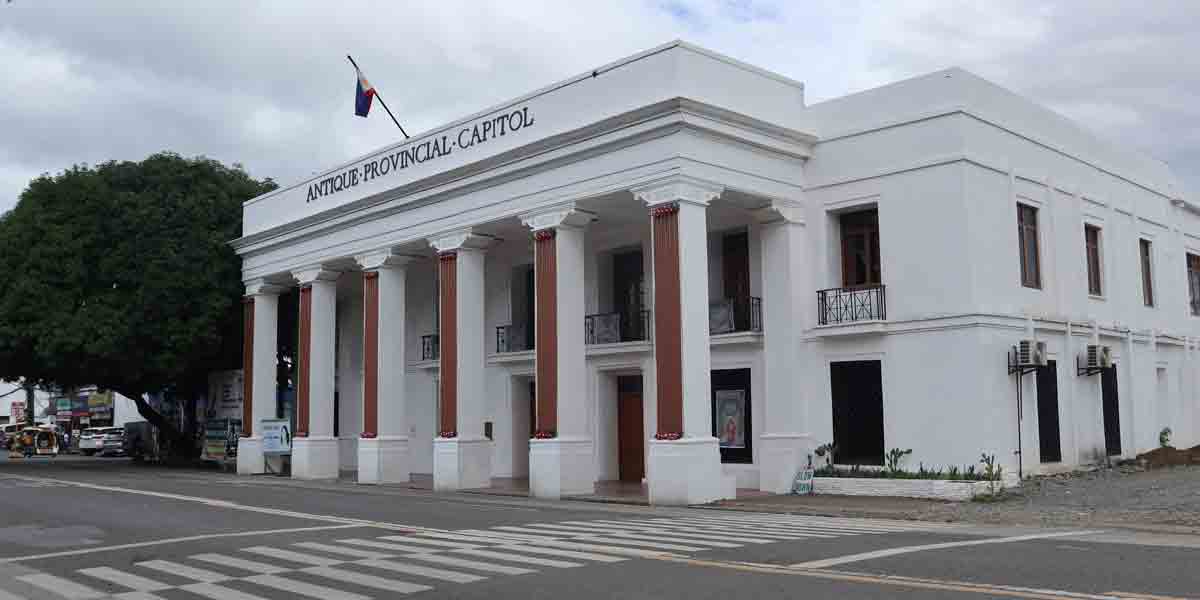Information and insights firm TransUnion Philippines urged stronger efforts to bridge credit perception gaps among Filipinos living outside the Greater Capital Region (GCR).
The 2024 Credit Perception Index (CPI) released by TransUnion showed a nationwide CPI score of 69, reflecting generally improved attitudes toward credit.
But the report noted a significant disparity between residents of the GCR and those outside it.
GCR residents posted a CPI score of 77, while Filipinos outside the region scored a much lower 58.
The CPI score, which ranges from 1 to 100, reflects an individual’s knowledge, trust, and favorability toward credit products.
“We see that the more urban the area a person lives in, the higher their credit perception score,” said Weihan Sun, TransUnion’s principal of research and consulting for Asia Pacific.
The study also revealed that urban residents mainly rely on social media (65 percent) and banks or financial institutions (59 percent) for credit information.
In contrast, those in suburban and rural communities depend heavily on family and friends, at 63 percent and 60 percent, respectively.
Sun said this reliance on informal networks contributes to lower credit awareness.
“The information passed along is often based on individual experiences rather than professional financial insights,” he said.
As a result, misinformation is more likely to spread in non-urban areas, reinforcing distrust or confusion around credit.
To address this, Sun pointed to the importance of ongoing initiatives led by the Bangko Sentral ng Pilipinas (BSP), such as programs that improve financial education and inclusion.
He also emphasized the value of partnerships between rural banks and FinTech providers to improve digital access and enhance consumer understanding of financial products.
“For TransUnion, financial inclusion is a key priority for the company in the Philippines,” Sun said.
“Addressing the needs of the rural population, we actively support rural banks through a proactive engagement strategy, offering the latest market updates, data-driven insights and creating information campaigns to expand economic opportunities for Filipinos outside urban areas,” he added.
Sun stressed the need for a unified approach among the government, financial institutions, and the private sector.
“While much has been achieved in recent years to enable greater financial inclusion, there remains more to be done to educate Filipinos, especially those outside urban areas,” he said.
“A holistic, comprehensive effort is needed to drive equitable access to financial services – which is the foundation for growing the Philippines into a more financially resilient nation.”





















